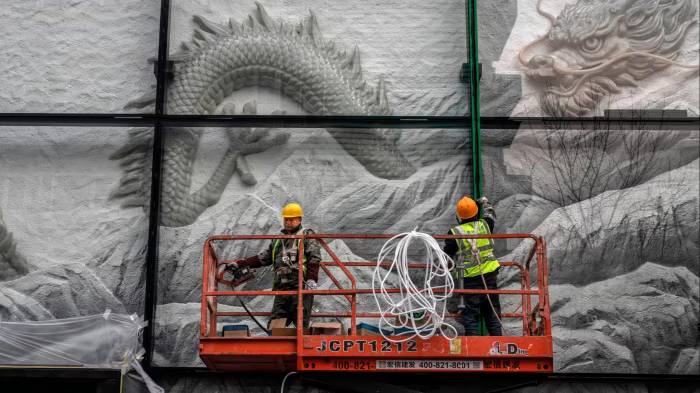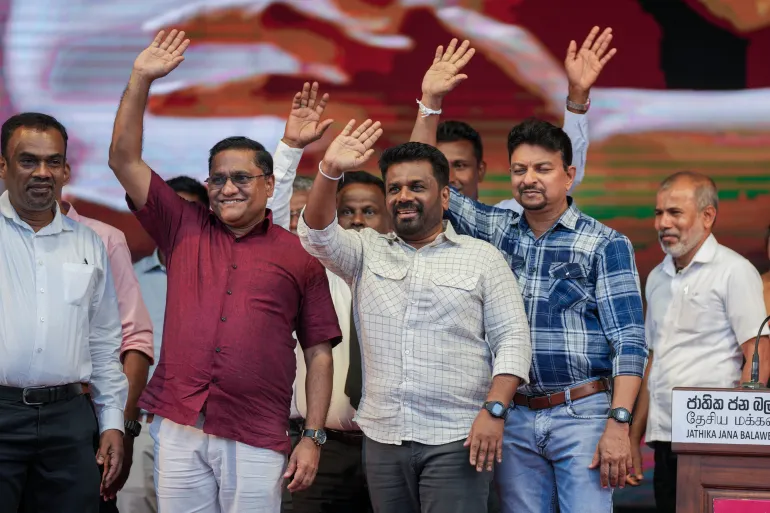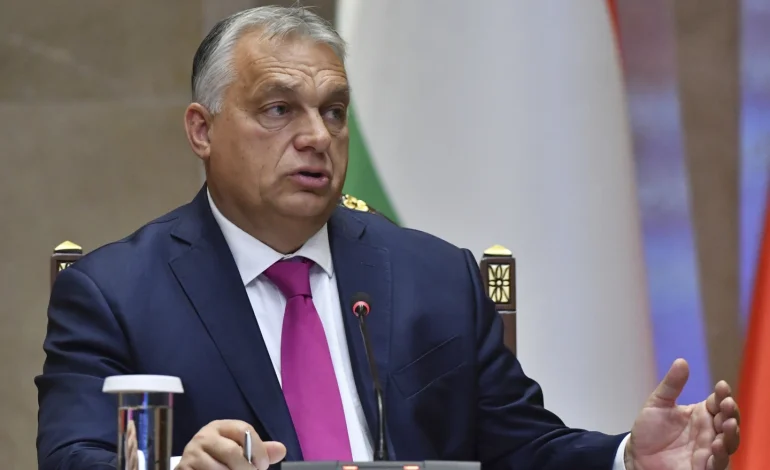As dozens of European leaders gather in Budapest for a one-day summit on Thursday, the shadow of the US presidential election looms large, The Associated Press reports.
The meeting, bringing together almost 50 nations from Europe and its near abroad, is intended to chart a common future, but the potential for political upheaval across the Atlantic is casting a pall over the proceedings.
While economic challenges and ongoing conflicts in the region are pressing concerns, the impact of the US election on Europe’s future is a central point of discussion. Experts and leaders alike acknowledge that the transatlantic relationship will inevitably change, but the question is whether this will be a gradual shift under Vice President Kamala Harris or a seismic one under former President Donald Trump.
The potential ramifications extend across a range of critical issues, including the war in Ukraine, trade relations, migration, the Middle East conflict, and climate change. “All this is putting peace, stability, and prosperity at risk in our region,” reads the invitation letter to the leaders of the European Political Community (EPC).
Ukrainian President Volodymyr Zelenskyy, who is expected to attend the summit, will likely make another plea for continued support as his country defends itself against Russia’s invasion. The timing of the summit is particularly significant given Trump’s vow to end the war “within 24 hours” of being elected, a statement interpreted by Kyiv as a threat to US support if Trump wins.
Adding to the tension, the summit’s host, Hungarian Prime Minister Viktor Orbán, is a vocal supporter of Trump and has predicted a Trump victory. Orbán has openly thrown his weight behind the former president, suggesting that civil and criminal cases against him are politically motivated, echoing a common Trump refrain.
Orbán, who has long been a thorn in the side of the 27-nation EU, currently holds the bloc’s rotating presidency, giving him a more prominent platform and making him the host of both the EPC summit and a separate EU summit on Friday. His presidency has been marked by turmoil, from his declaration of “Make Europe Great Again” as his motto, a clear nod to his admiration for Trump, to his controversial unannounced visits to Moscow and Beijing, angering EU leaders.
Orbán’s actions have prompted a backlash from many EU member states, with some boycotting meetings in Budapest or sending lower-level officials instead of ministers. However, no boycotts are expected for this week’s summits.
Despite Orbán’s emphasis on the US election as a determining factor for Europe’s future, not all EU leaders are comfortable with the bloc’s fate being so closely tied to American politics.
Polish Prime Minister Donald Tusk has called for Europe to forge a more independent path, less reliant on external influences. “Some claim that the future of Europe depends on the American elections, while it depends first and foremost on us, on the condition that Europe finally grows up and believes in its own strength,” Tusk said. “Whatever the outcome, the era of geopolitical outsourcing is over.”









